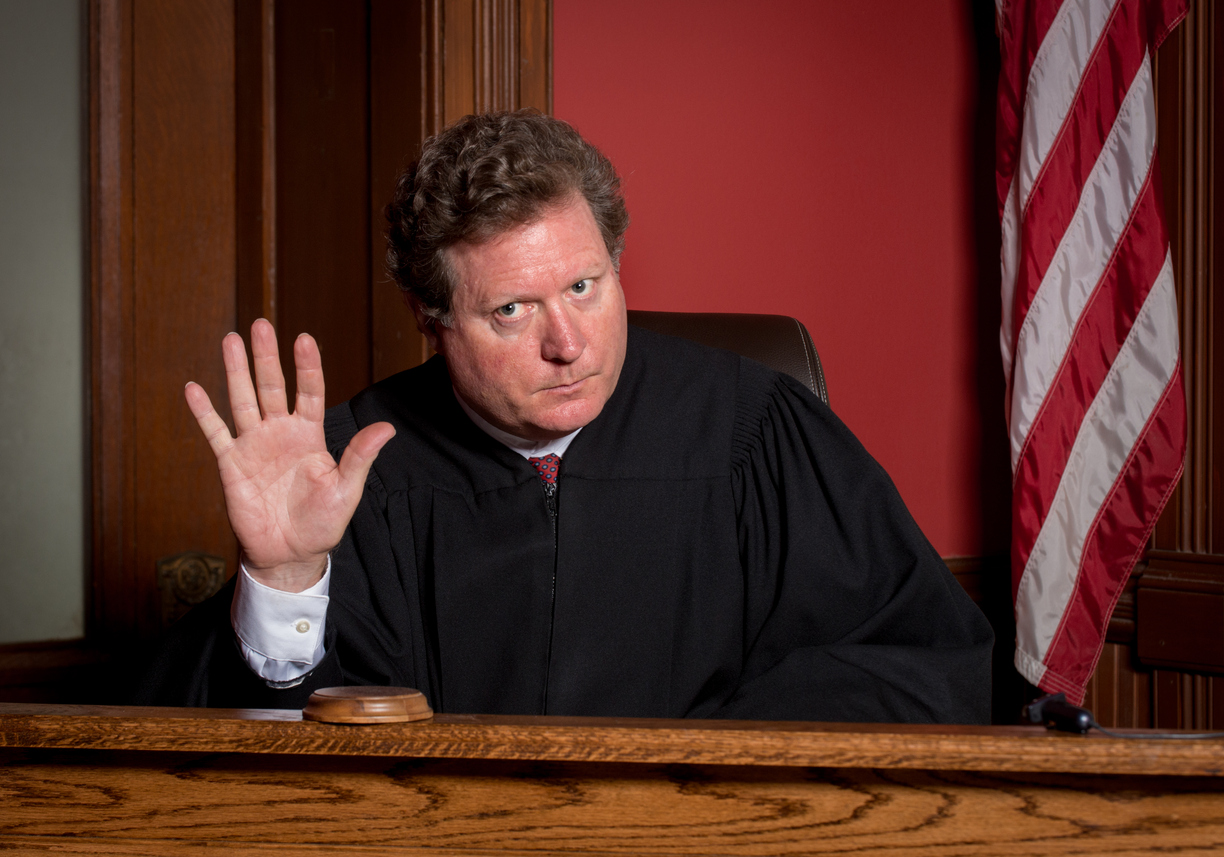The battle regarding insurance surrogates is being waged in Washington state. Many insurance companies want the Department of Insurance to allow unlicensed non-adjusters determine how much policyholders deserve to be paid. Here is the what the Washington Department of Insurance states is a legislative priority:
Updating the definition of insurance adjusters (HB 1037 ‘Concerning insurance adjusters’)
The definition of adjuster in RCW 48.17.010(1) may include non-insurance professionals who also provide important information and services to insurance companies or policyholders during the claim process.
The OIC is recommending amending state law:
To allow insurance professionals who adjust property and casualty insurance claims to continue to require adjuster licensure. The amendment will clarify that non-insurance professionals who only provide damage evaluation on insurance claims are not required to be licensed as an adjuster.
To clarify that an appraiser or umpire functioning under the contractual appraisal clause in the policy is not deemed an adjuster for the purposes of this chapter. This clause has caused confusion and clarifying it will aid the OIC’s regulatory efforts.
To require continuing education for adjusters. Doing so benefits insurance consumers, provides interstate reciprocity benefits for adjuster licensees and mirrors practices in other states. To allow emergency nonresident independent adjusters to operate in Washington state only after the governor has declared an emergency and only if they have already registered with the OIC. This practice is in effect in many states and follows the state licensing guidelines established by the National Association of Insurance Commissioners.
The number one goal of insurance adjusters is to determine coverage and evaluate damage. Washington insurance companies and their surrogate lobbyists are now trying to usurp this longstanding principal to allow non-adjusters to do this work.
The impact is that insurance companies—free from insurance commissioner regulation—can hire anybody they want to do all the duties of investigation and determine the amount of loss. Where “the rubber meets the road,” insurance companies will no longer have to train adjusters to determine the amount of the loss but hire non-regulated people to tell them the amount. I have called them “surrogate” adjusters because that is what they are—surrogate adjusters who determine the amount owed on a claim and objecting to or agreeing what to pay. What have we come to?
These insurance claim ‘surrogates” should not be allowed—or at least subject to the ethics of “good faith” claims conduct, licensed in some capacity so that policyholders are protected and held accountable when they place the interests of their insurance company clients to pay less over the interests owed to the policyholder of prompt and full payment. Many of these “surrogates” advertise about, and teach how to, control claim severity with no concept of insurance principles which require the utmost of good faith and prompt payment of claims. If they are not doing anything wrong and the insurance companies hiring them are convenienced by it, there should be some type of penalty, (e.g., three times the damages or other remedies), which they never need worry about paying so long as they are sincere and honest in what they are trying to do.
Thought For The Day
The agent told him, “Yes, your policy does cover you falling off the roof, but it doesn’t cover your hitting the ground.”




